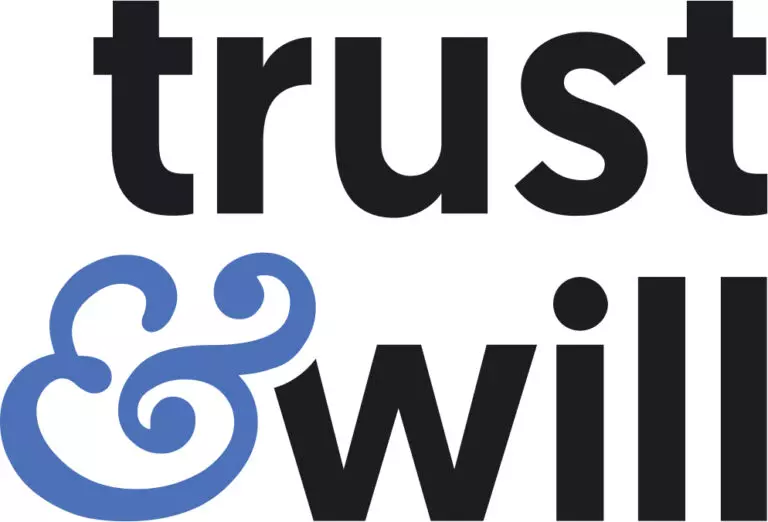The executor must show the beneficiaries or heirs an account of the deceased’s estate unless they waive the privilege. This accounting proves that the executor has settled the estate in accordance with the wishes of the deceased.
Why is it necessary for executors to provide beneficiaries with a statement of accounts?
-
The executor has a duty of care towards the estate beneficiaries. This means that they have to act in their best interest.
-
Accounting is essential to keeping everyone in the loop.
-
Some probate court will ask an executor for an account of the estate to close the probate and finalize it.
-
States can also ask beneficiaries for formal approval to close an estate. An executor may be required to produce accounting in order to prove that everything has been handled properly.
.
-
A detailed accounting will help beneficiaries avoid feeling confused or shocked, even if the beneficiary’s signature is not required.
Beneficiaries of a will may not agree with the account. In this case, the beneficiaries may petition the probate courts for more information and an hearing might be required to determine if the executor handled the estate correctly.
|
|
 |
 |
Rules for executors doing estate accounting
Each state has its laws that govern the use of marijuana.
probate
What type of accounting will be required, and who has access to it?
. Depending on the complexity and size of your estate, you may be required to give a different accounting to the beneficiaries and heirs. The size and complexity of the estate can also affect how much accounting you’re required to provide.
Estate planning lawyer
You can learn the rules by using a guide. You can also find online guides for executors at the local probate court.
-
This is an itemized list of all the assets in a deceased estate. The inventory includes a list of each asset (including bank accounts, investments, and in some states debts), along with its estimated value. You can find a sample inventory in the probate court of your state.
-
List of additional assets, including money and property, that the deceased received after their death.
-
The estate pays for all expenses, including funeral costs, outstanding debts, , and possible executor fees.
-
Bequests and beneficiary distributions that have been planned or completed.
Which accounting documents must the executor keep?
Keep detailed records. Keep all documentation for each asset.
-
Copy check
-
Statements of account and/or closure.
-
Returns of Tax
Do you need someone to handle your accounting?
It can be beneficial to hire someone to explain estate accounting, particularly if you feel overwhelmed or don’t know where to begin. A professional can also ease any worries that beneficiaries may have. There are two common ways to go about it:
Probate lawyer
They are experts in the field of probate and will help you every step of your way. From finding assets and maintaining an inventory to settling debts and distributing assets, these lawyers can assist.
. In general, probate lawyers charge by hourly rate, flat fee or a percentage of estate size. The hourly rate can range between $150 and $500
.
Estate accountant
They can also help with any estate or income tax questions that you may have. The fees for tax planning and preparation vary depending on the state you live in and how complex your estate is.
Cheryl Lock is a financial journalist based in Colorado. She has published in The New York Times and The Washington Post as well as Forbes, Real Simple, Real Simple, etc.
